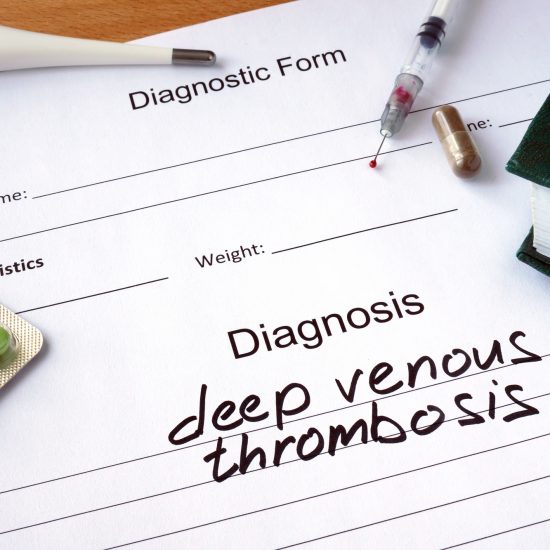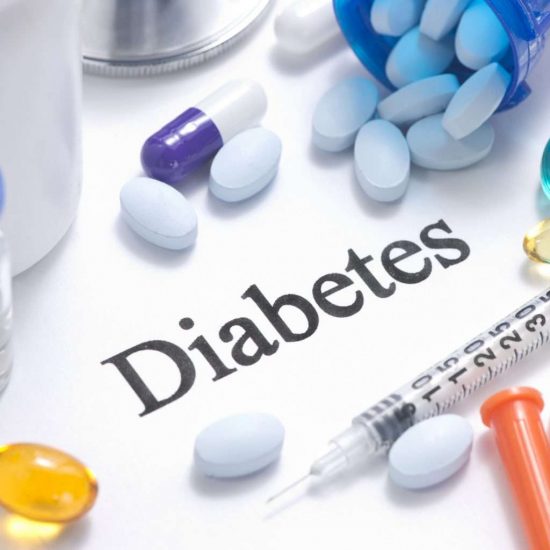
Understanding Mood Disorders: Acceptance and Treatment
When someone has trouble regulating their emotions they often get labeled as moody or overemotional. These stigmatizing labels imply that the person should be capable of controlling their mood. But many people aren’t able to control their emotions because they have a mood disorder. Mood disorders are a type of mental illness that manifests as difficulty with managing and regulating emotions. They are often caused by chemical imbalances in the brain. But they can also be triggered by difficult life circumstances and substance abuse.
How do you know if you or someone you know has a mood disorder? Find out everything you need to know.
What Are Some Common Mood Disorders?
They are more common than you might think. In any given year, about 10% of the population struggles with a mood disorder. Some people experience mood disorders for a relatively short period of time. Others experience chronic mood disorders.
Common mood disorders include:
Major Depression
Long-term, persistent feelings of extreme sadness, hopelessness, and lack of motivation are often accompanied by physical symptoms like fatigue.
Seasonal Affective Disorder
A type of major depression occurs during the winter. It’s triggered by a lack of exposure to sunlight, leading to Vitamin D deficiency.
Bipolar I
Cycles of major depression and manic states. During manic states, the person feels an overpowering sense of euphoria and invincibility. This leads to impulsive and often dangerous behavior. Manic episodes are followed by a severe crash into major depression.
Bipolar II
Cycles of major depression and hypomania, which is a lesser version of a manic state.
Disruptive Mood Dysregulation Disorder
A diagnosis specific to children under 18 who have extreme difficulty regulating their emotions and often have physically or verbally violent outbursts. They are persistently aggressive and irritable, but their outbursts are episodic.
Premenstrual Dysphoric Disorder
A diagnosis for people who experience severe shifts in their mood for several days before the onset of their menstrual cycle. Symptoms disappear when their menstrual cycle starts.
Everyone goes through tough periods sometimes, but people with mood disorders persistently struggle with managing and regulating their emotions. And not for lack of trying. They make it nearly impossible to be able to manage or regulate emotions without specific treatment.
They are more than just feeling bad. They are mental illnesses.
Symptoms of Mood Disorders
The difference between having a hard time sometimes and having a mood disorder often comes down to the intensity of the symptoms. If you’re dealing with a difficult situation in your life and you experience intense sadness and feel hopeless, you may or may not be depressed. If the extreme sadness and hopelessness last for weeks or escalate to the level of considering self-harm, then you’re depressed.
Symptoms of mood disorders include:
- Extreme sadness that doesn’t go away over time
- Feeling empty or numb
- Feeling hopeless or like life is pointless
- Lack of interest in things you used to enjoy
- The trouble with your relationships
- An inability to connect with other people
- Persistent and overwhelming feelings of guilt, shame, or remorse
- Feeling like you’re not good enough
- Irregular sleep patterns like sleeping all the time or insomnia
- Weight gain or weight loss
- Frequent headaches, stomachaches, and persistent fatigue
- Irritability, aggression, and defensiveness
- Racing thoughts
- Impulsive behaviors
- Thoughts of self-harm or suicide
Experiencing some of these symptoms every once in a while doesn’t mean that you have a mood disorder. But if you experience several of these symptoms for a few weeks or you’re having thoughts of self-harm or suicide, you probably have a mood disorder.
When to Get Help
There’s no shame in having a mood disorder and there’s no shame in asking for help. Getting proper treatment for a mood disorder is the only way to feel better. And reaching out for help can be lifesaving.
Seek professional help if you’re experiencing:
- Thoughts of self-harm or suicide. In this case, reach out immediately by calling the National Suicide Prevention Lifeline at 1-800-273-8255.
- Feelings of sadness, hopelessness, emptiness, or emotional numbness that doesn’t go away after a couple of weeks or that don’t seem connected to your current life circumstances.
- Sudden weight gain or weight loss.
- Intrusive thoughts that you obsess over and can’t seem to control.
- Mood swings that feel out of your control.
- Your emotions and mood swings are impacting your ability to deal with everyday life.
- Persistent physical symptoms don’t seem to be connected to illness and don’t resolve with treatment.
There’s no harm in reaching out for professional help if you just feel “off” either. If you’re experiencing intense emotions and mood swings that are out of the norm for you, reaching out to a medical professional is always a good idea. Even if you don’t have a mood disorder, they can help you figure out what’s going on.
Treatments
The two main treatments for mood disorders include psychotherapy and pharmaceutical medication. Less common treatments include electroconvulsive therapy and Repetitive Transcranial Magnetic Stimulation. Most people with mood disorders use a combination of psychotherapy and pharmaceutical medications to manage their mental illness.
Psychotherapy can include many different styles of therapy. People with mood disorders often find cognitive-behavioral therapy especially effective. CBT teaches specific coping skills for mood regulation. Other effective forms of psychotherapy for mood disorders include dialectic behavioral therapy, interpersonal therapy, internal family systems therapy, and problem-solving therapy.
Some people find that psychotherapy gives them everything they need to manage their disorders. So, they don’t take medication. But most people take medication and go to therapy.
There are several kinds of medication on the market to treat mood disorders. The type of medication depends on your diagnosis. People with major depression are prescribed antidepressants like Zoloft, Paxil, Celexa, and Lexipro. People with Bipolar Disorders are prescribed different medications like Latuda.
It’s important to work closely with medical professionals to find out which treatments will work best for you.
Talk to Your Doctor
Mood disorders are serious mental illnesses that require specific medical treatment. With the right treatment, people with mood disorders can live normal, happy, fulfilled lives. If you think you’re struggling with this, talk to your doctor today.
For more information about mood disorders and their treatments, check out our blog.
Also Read
Healthy heart tips – Pharmapassport




